
Coronavirus: Face mask, face shield, FFP2, N95, KN95 — what's the difference?
- 2022-10-12
- 1607
Since the onset of the coronavirus pandemic, many countries in the world have introduced mask mandates in public spaces, on local transport and in stores. In Germany, too, everyone must wear some sort of mask when shopping, entering public buildings and offices and riding in trains, buses or cabs.
Still, infection rates continue to rise despite tighter shutdowns. This has likely been triggered by virus variants. Bavaria became the first German state to go one step further: The state government has decided that a simple mask is no longer enough. In the future, masks must be FFP2 mask — known as KN95, N95 or P2 in other parts of the world. Now, other German states are preparing to implement a similar requirements for surgical-grade masks. Here, we explain what the different standards mean.
Simple face mask
The current regulation in Germany requires a simple face mask to be worn as a minimum requirement in most public areas. This is a piece of cloth that completely covers the mouth and nose. Even a bandanna or scarf would qualify. When you exhale, it inhibits the flow of air and therefore the distance that germs can travel. And this already significantly reduces the risk of infection for other people.
The purpose of such masks is not to protect the people wearing them from infection: They protect the people everyone else from the wearers' germs. Because transmission is frequently caused by asymptomatic people, everyone is a potential virus carrier.
The logic behind the mask requirement is therefore: if everyone complies, the overall risk of infection in society will fall.
Cloth masks should be changed frequently and washed in hot water to prevent viruses from surviving.
Surgical masks
Such medical face masks are the professional equivalent of the cloth mask. They consist of thin disposable tissue and fleece and are used by doctors and assistants to primarily to prevent their patients on operating tables from being infected with germs and pathogens.. If the wearer of the mask coughs or sneezes, for example, most of the droplets from the mouth and throat get caught in the mask.
This only works if the mask is changed regularly and disposed of hygienically and safely. In surgery, doctors must change their mask at least every two hours. If a mask of this type is worn repeatedly, it quickly loses its effectiveness.
During the pandemic, higher-quality masks with better filtration have become the standard practically everywhere in the medical profession.
-
 2022-04-26Are air purifiers environmentally friendly ?
2022-04-26Are air purifiers environmentally friendly ? -
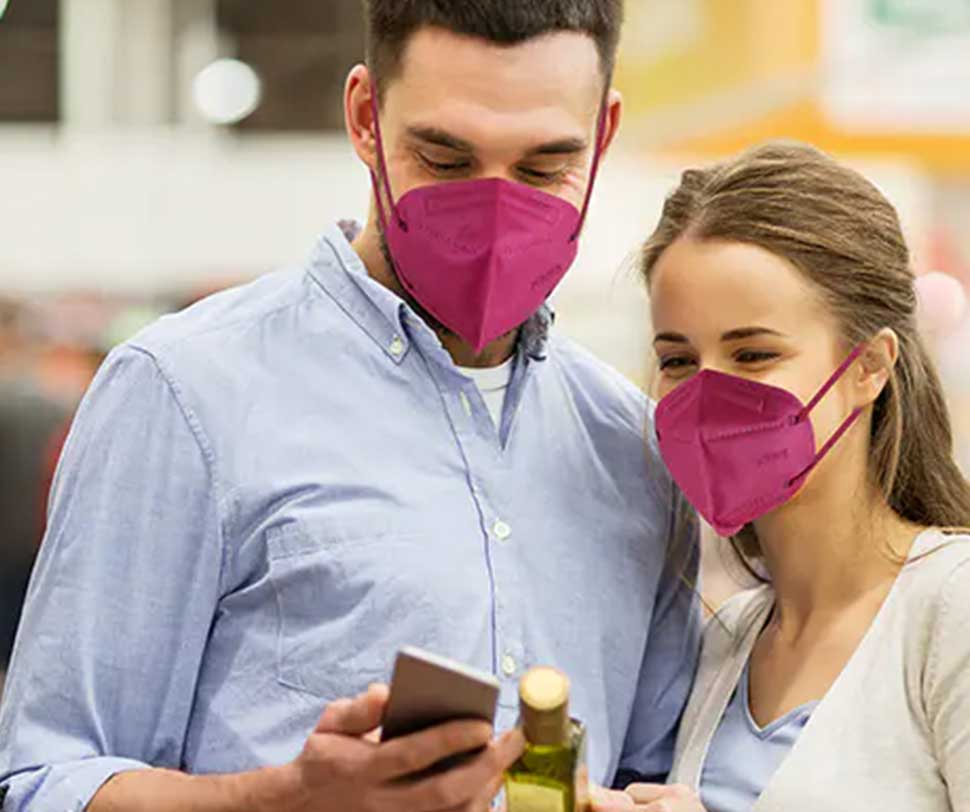 2022-04-26The importance of wearing a mask correctly
2022-04-26The importance of wearing a mask correctly -
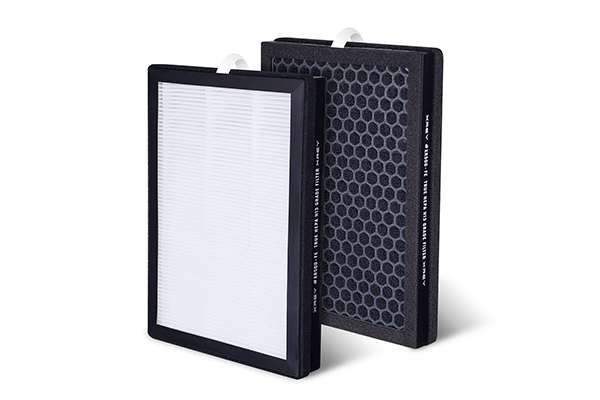 2022-04-27Connexions Air H13 True HEPA Filters
2022-04-27Connexions Air H13 True HEPA Filters -
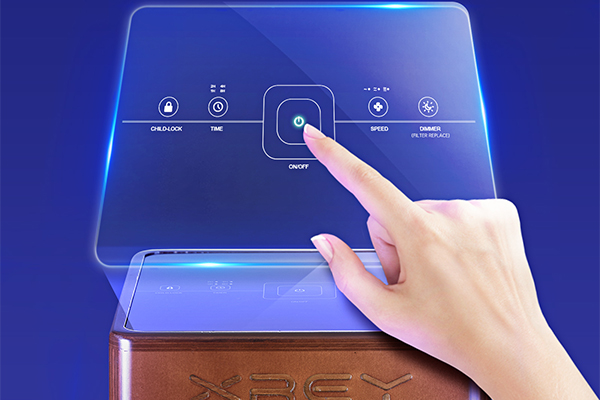 2022-04-29What is the use of anion function of air purifier?
2022-04-29What is the use of anion function of air purifier? -
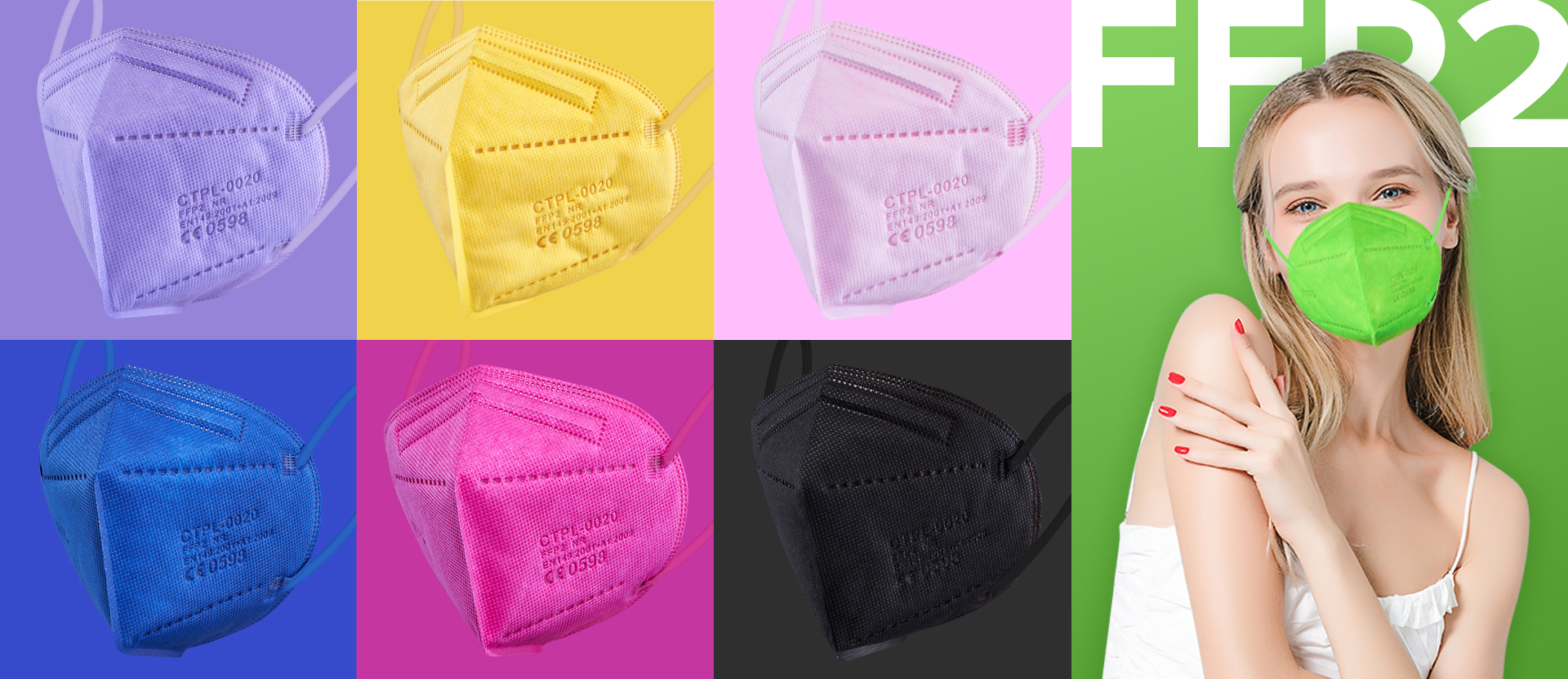 2022-05-08Standardize the wearing of masks, children should not be missed!
2022-05-08Standardize the wearing of masks, children should not be missed! -
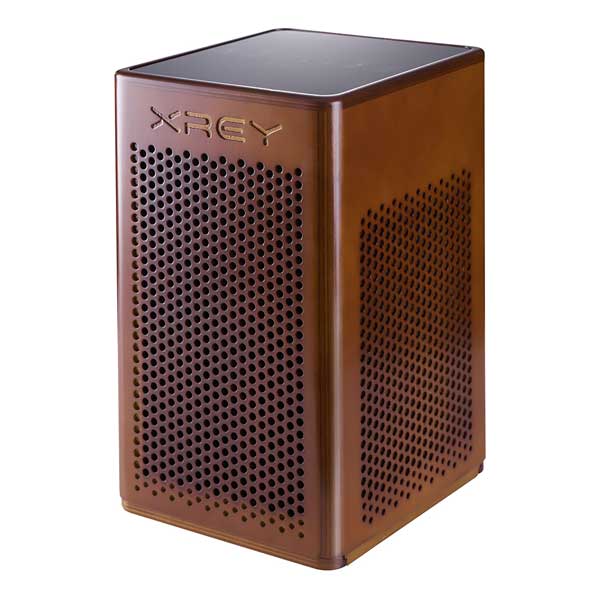 2022-05-16Hazy days, air purifiers are useful?
2022-05-16Hazy days, air purifiers are useful? -
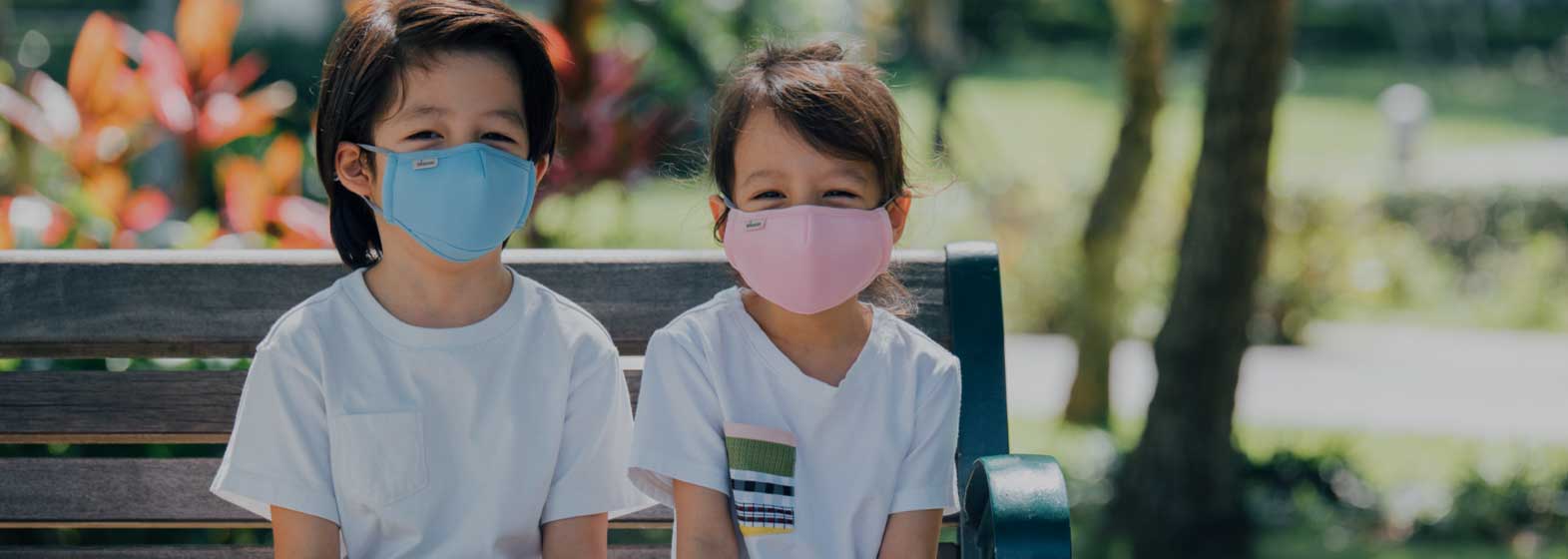 2022-05-16Attention everyone! Don't buy fake FFP2 masks! How do we identify?
2022-05-16Attention everyone! Don't buy fake FFP2 masks! How do we identify? -
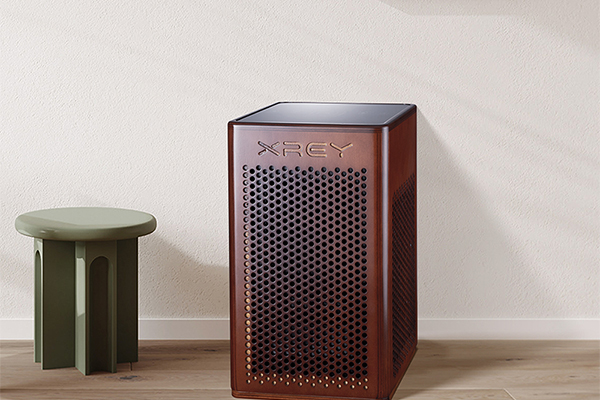 2022-05-17Pay attention to secondary pollution when using air purifiers
2022-05-17Pay attention to secondary pollution when using air purifiers -
 2022-05-17TOP5 pollutants that the purifier can purify
2022-05-17TOP5 pollutants that the purifier can purify
-
 2020-06-02Why do Face Masks Matter With This Coronavirus
2020-06-02Why do Face Masks Matter With This Coronavirus -
 2020-06-02How to Wear Mask
2020-06-02How to Wear Mask -
 2020-06-02Three Principles of Choice of Masks
2020-06-02Three Principles of Choice of Masks -
 2020-06-022020 Situation of Mask Market
2020-06-022020 Situation of Mask Market -
 2020-06-17What other preventative measures can you take to protect yourself from airborne substances?
2020-06-17What other preventative measures can you take to protect yourself from airborne substances? -
 2020-06-08The Advantage of Disposable Face Masks
2020-06-08The Advantage of Disposable Face Masks -
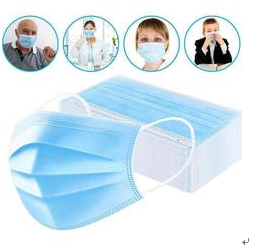 2020-06-093 Ply Disposable Face Mask & Soft & Comfortable Ear Loop
2020-06-093 Ply Disposable Face Mask & Soft & Comfortable Ear Loop -
 2020-06-17What are the regulations for surgical face masks?
2020-06-17What are the regulations for surgical face masks? -
 2020-06-09Do I need to wear a face mask if I am quarantined?
2020-06-09Do I need to wear a face mask if I am quarantined?
CONTACT US


Connexions Technology (Dongguan) Ltd.
We are always providing our customers with reliable products and considerate services.
If you would like to keep touch with us directly, please go to contact us
